This is part three of a six part series through James Sire’s classic book, The Universe Next Door: A Basic Worldview Catalog. This episode features a conversation with my friend Monique Duson from the Center for Biblical Unity. In this episode we unpack Nihilism and Existentialism. One of the big application questions we ask throughout the series is this, “how does each worldviews impact our view of race and racism."
REFERENCES
James W.. Sire, The Universe Next Door: A Basic Worldview Catalog.
All Episodes in the James Sire Series
VIDEO SHORTS
GUEST BIO
Today’s show features a conversation with Monique Duson who is the President and co-founder, alongside Krista Bontrager, of the Center for Biblical Unity. Monique has a background in social service and children’s ministry. She has worked with a diverse array of under-served communities. She worked as a Missionary to South Africa for over four years, serving children and teachers impacted by drugs, violence, and trauma. She spent two decades advocating for Critical Race Theory (CRT), but through a series of events, began to clearly see the contradictions of CRT with the historic Christian worldview. Monique is now convinced that CRT is not the best way to achieve racial unity and actively speaks out against the use of CRT within the church.
Monique has appeared on shows such as Relatable (with Allie Beth Stuckey), the Alisa Childers podcast, and Breakpoint (with John Stonestreet). Monique has a BA in Sociology from Biola University. She is working on a MA in Public Theology at Birmingham Theological Seminary.
DISCUSSION POINTS
Below is a list of discussion questions based on this episode. Subscribers, feel free to weigh in with your own ideas and join me in the conversation.
Impact of the Enlightenment
How did Enlightenment thinking influence both deism and nihilism?
What does the "line of despair" mean in the context of Enlightenment and nihilism?
What are some of the key takeaways from chapters five and six on nihilism and existentialism?
Nihilism
What is nihilism, and why is it considered not a full-fledged worldview according to James Sire?
How did the Enlightenment contribute to the development of nihilism?
Why is nihilism associated with a sense of hopelessness or despair?
Existentialism
How does existentialism respond to the despair of nihilism?
What are some key differences between existentialism and nihilism?
Philosophical Figures
How do the ideas of philosophers like Jean-Jacques Rousseau relate to nihilism and existentialism?
What role does the concept of "tabula rasa" (blank slate) play in Rousseau's philosophy?
Practical Implications
How do modern societal views on responsibility and mental health reflect the influence of nihilistic and existentialist thinking?
How has studying different worldviews impacted your personal beliefs and understanding of the world?
What are some practical steps individuals can take to develop a coherent and consistent worldview?
How does understanding these worldviews help in engaging with others who hold different beliefs?










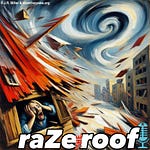
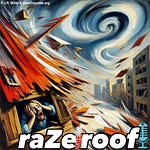

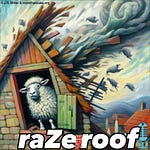
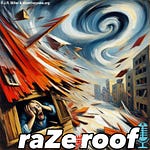

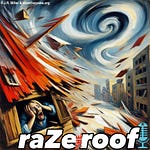
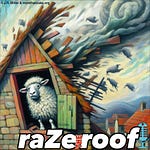
Share this post